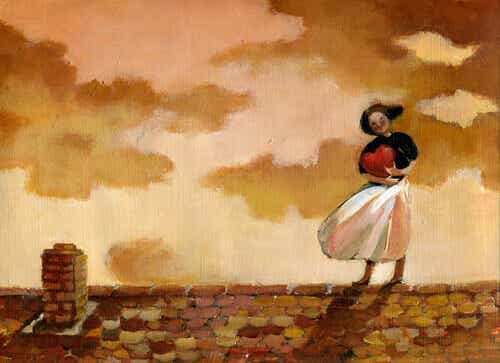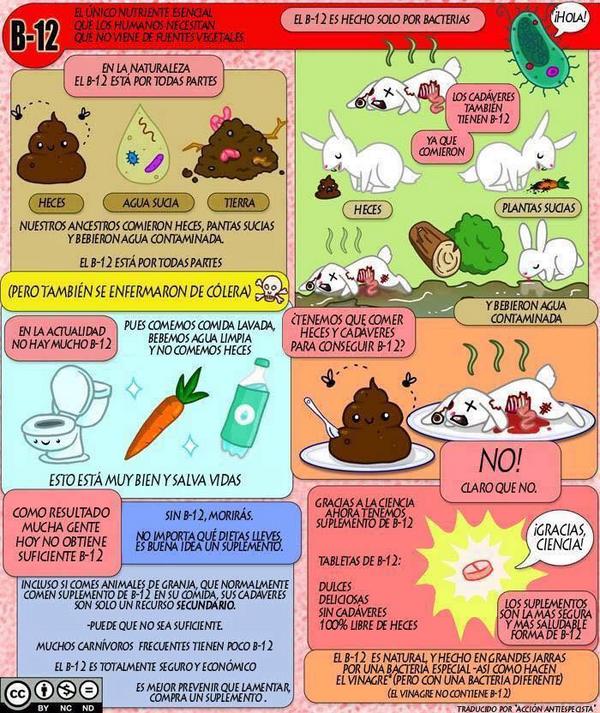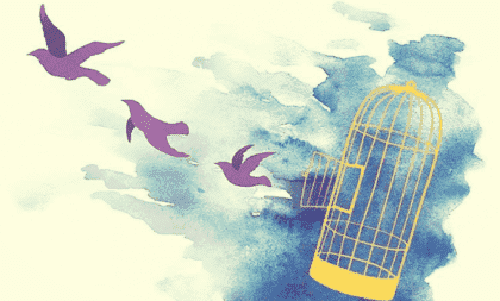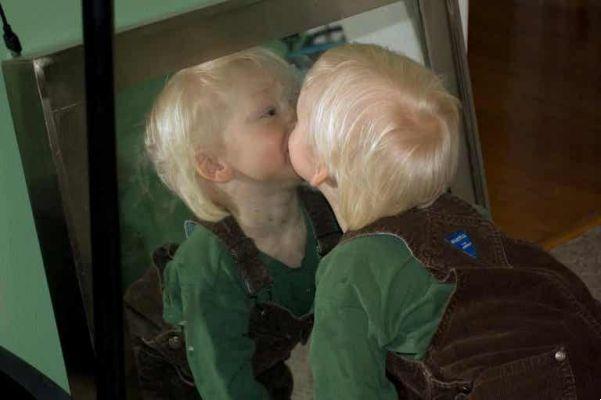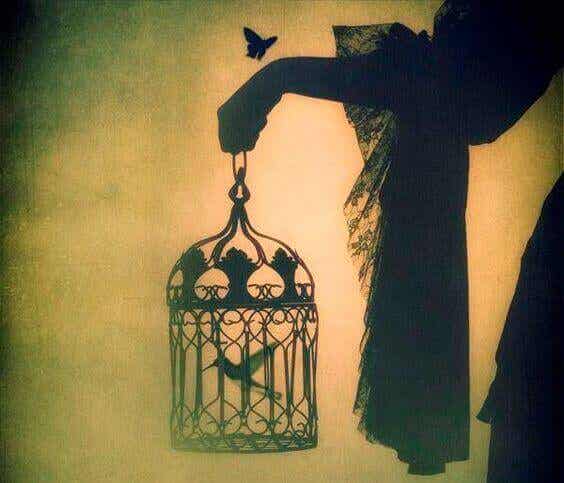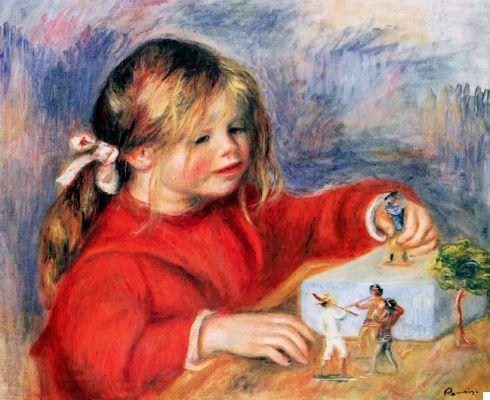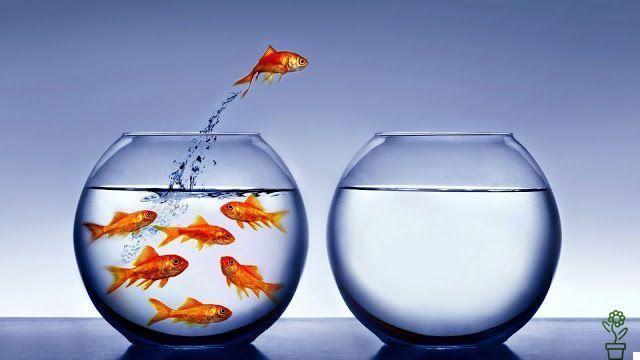
Victor Frankl once said that: “between stimulus and response there is a space. In this space lies our power to choose the answer. And our response hides our freedom and the ability to grow as people ".
Unfortunately, many people spend their entire life reacting to stimuli because they don't find the time to respond as they should. These people are puppets of destiny, they are the great mass that responds to stimuli without thinking too much, letting themselves be carried away by the effect of the first stimulus, without wondering what lies beyond, without even wondering if there is another possible answer, and above all, by obviating their share of responsibility.
The most primitive organisms such as bacteria possess a very simple system that reacts instinctively to environmental stimuli. But nature has given us an enormous gift: thanks to our frontal lobes we are able to analyze the stimulus, think about possible answers and choose the best one.
So why do we sometimes react without thinking too much?
Because of our biases, belief systems and learned responses. Throughout our lives, we have learned a number of behaviors that have proven useful in certain circumstances. This saves us time and cognitive resources. Therefore, when we find ourselves in a situation similar to the previous one, we resort to these predetermined answers. Without thinking twice, we react as we have learned to do, without realizing the different nuances that the new situation could have.
However, personal growth lies precisely in that space of time in which we have to respond. If we use this space to evaluate alternatives and get a much more complete picture of the situation, we will be maturing. Always remember that what matters is not the first emotion that assails you, but the way you express it.
Our freedom lies precisely in that space of reflection that we allow ourselves.
Learning to respond, learning to grow
Every situation is new because time has passed, because we have changed and because the circumstances around us have changed. Therefore, every situation deserves an answer, not an automatic reaction. How can we do?
- Ask yourself what kind of person you want to be. Do you want to be part of the crowd that reacts instinctively to every challenge or do you want to make use of your freedom and choose the most appropriate response? Do you want to be a quick-tempered person or do you prefer to reflect and make the best decision possible? These are important questions, because your answers can determine your life in the long run.
- Think about the causes of your first reaction. Why did you react that way? What limiting belief or stereotype are behind your reaction? Thinking about the ways we have behaved in the past allows us to grow as a person, it will show us the mistakes we have made by helping us not to make them again.
- Analyze the situation and possible alternative responses. Take some time to reflect, listen to what everyone has to say, but try to keep an open mind. Always draw your own conclusions.
- Be aware that every action has a repercussion. You may not see the result immediately, but the decisions you make determine who you are emotionally and often affect the people who love you. Therefore, before reacting recklessly, think carefully about the consequences of your actions.
- 16









